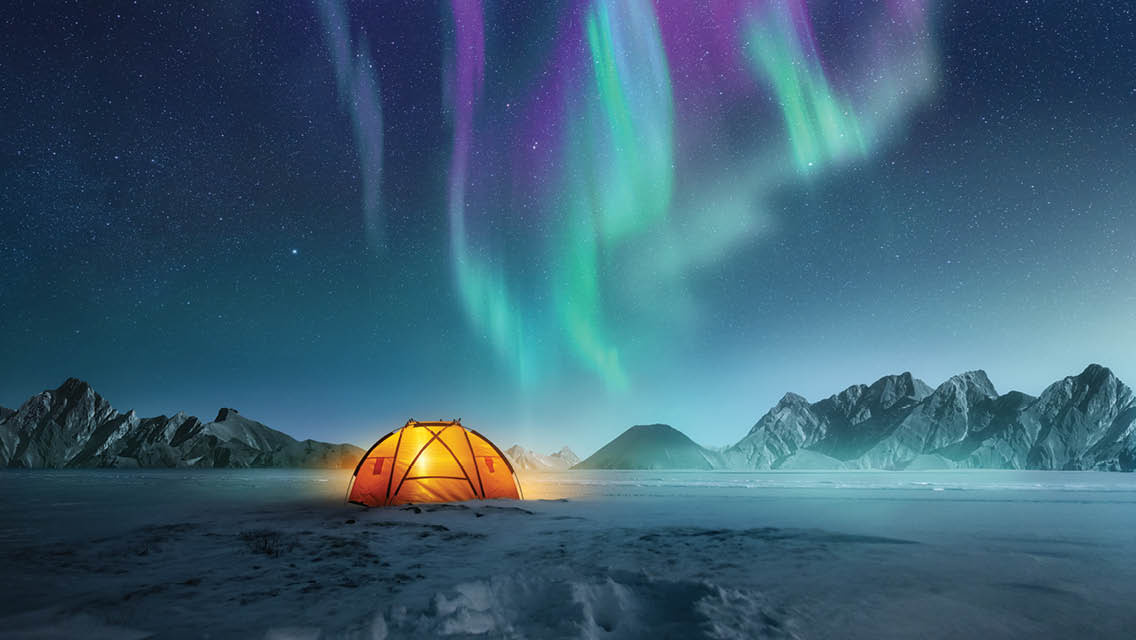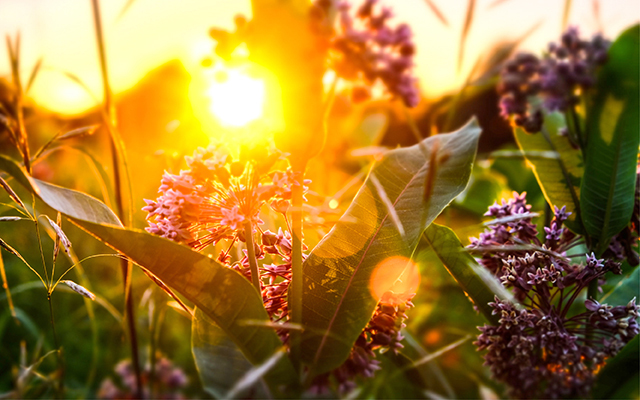Dacher Keltner is a psychologist hunting the greatest and most elusive prize: Happiness. How can we get it, how can we keep it, what’s the roadmap, what’s the red-herring and wild-goose-chase throwing us off the trail?
He’s shared his pursuit via his podcast, The Science of Happiness; his teaching as a University of California, Berkeley professor; his work as director of Berkeley’s Greater Good Science Center; and his inspiring books, including The Power Paradox, Born to Be Good, and his latest, Awe: The New Science of Everyday Wonder and How It Can Transform Your Life.
“I grew up in the counterculture of Laurel Canyon in the late 1960s and then in a rural part of the Sierra Foothills California of the 1970s, and around hippies, that world. At the time I was often skeptical of all of it, as was my brother Rolf, who I was very close to. We were like: What kind of work do these people do? Who’s paying the bills? What is it about getting high? We became very practically oriented, got jobs, worked hard, saved money, all that stuff you’re supposed to have,” recalls Keltner. “I realize now, so much of what I had in my upbringing, I wish everyone in our culture could have today: Disregard for the rat race, questioning ideas of societal success, highly valuing feminism, civil rights, and the idea that happiness is not what you get from consumerism.”
Then, Keltner’s own connection to happiness fell apart. His lifelong partner in mischief and joy, his little brother Rolf, died of colon cancer, and the happiness researcher found his own happiness replaced by anxiety and grief and disorientation.
“I understand now that the genes on my mom’s side just predispose us to anxiety, mania, whatever you want to call it. When my brother died, all my anxious tendencies were on fire, my brother’s death blew me off the map. And I’m a terrible meditator, so the question became: What rewires human nervous systems to happiness?”
That question led the emotion-researcher to research, and he discovered one happiness-making answer: Awe. The feeling we get from considering, say, the Grand Canyon, or an act of moral heroism like a person putting their life at risk to save another, or the jaw-dropping, heart-opening, incredible performance of music or dance.
“If you just think for a moment to the last time you felt real awe — listening to Gregorian chants in an ancient church, watching someone do something so brave it blew your mind, hearing the death rattle of someone you love, you know those are the moments that rewire you.
We surveyed 100 people in each of 26 countries, asking: What brings you awe? And the answers, I think they’re going to change how all of us think about happiness. We can build awe into our lives, intentionally, and build up joy, bliss, mirth — all the things we know we want but don’t think we know how to get to.”
Cultivating awe is the most reliable road to happiness, Keltner found, and he’s been experimenting on himself, too — making time for concerts, hiking, and seeking out stories of moral courage.
Iggy Pop Is Wellness Too
“The wellness/mindfulness/happiness industry — it’s all about calming your mind, practicing gratitude, finding your purpose, but it can be narrow in the ways you’re ‘supposed’ to do those things, you’re supposed to practice quiet meditation, you’re not supposed to go to a punk-rock show. Well, that’s ridiculous. People are starting to critique our industry for cognitive imperialism, and a lot of that critique is right. If Rihanna or another hip-hop artist inspires you with awe, that’s wonderful, go into that feeling. For me, Iggy Pop changed my life. I was in England in 1978, my parents had been about fighting power their whole lives, now they were fighting each other in a horrible divorce. I heard the first couple chords of the Sex Pistols’ “God Save the Queen” and I was like: Yeah, yeah! These power structures do need fixing. That led me to David Bowie, which led me to Iggy Pop, and my first Iggy Pop show, it was transcendent. The mosh pit, the message of fight and freedom, the whole experience of awe stays with me to this day. I’ll talk to medical doctors, federal judges, so many people have concerts that changed their lives. That’s awe. That’s good.”
Awe Can Be Culturally — Even Personally — Specific
Keltner and his colleagues found that awe is often culturally specific. In China, more people identified great teachings as awe-inspiring; in the West, it was more often nature. This taught Keltner that your awe might be admiring the feats of Michael Jordan or Simone Biles or going to a cathedral to pray and consider the stained glass. “Awe is something my hero Jane Goodall defined as ‘Being amazed at something outside of yourself.’ Tales of moral courage and bravery are an incredibly powerful form of awe. If you want baby-steps to getting more awe in your life, think about what in your past has just filled your heart or taken your breath away, and get more of that in your life.”
Phones Are Small, Awe Is Big
“Researching, we boiled awe down to what we call eight wonders, but one thing I noticed was in all our responses no one said: My phone. Instagram makes people competitive and comparative, Facebook curates these moral outrage bubbles, but the one thing phones all have in common is: They’re small. Awe is triggered by ‘vast.’ Look up at the night sky. That’s vast. That fills you with awe. Smartphones are tiny and antithetical to that. If you’re looking to your phone for transformational awe, good luck.”
Wander
“If you’re a little lost sometimes, that’s normal. If you have a teenager who’s a little lost, that’s normal. Wander. Wandering, looking for awe, this is underrated as a cure, but it didn’t used to be. I’ve been teaching 20-year-olds for 30 years. Kids today, people today, everyone is way too efficient, way too task oriented, way too stressed. Everyone is hungry for wonder, hungry for time away from tasks. Take it! When my brother passed away, after we had been side-by-side this whole adventure of life and youth, I wandered. I read poems, I went to India, I hiked. Explore, be free! Wandering as an activity, it’s almost evaporated, especially for kids. Wander till you find something that fills you with awe. That’s what helps you understand what you care about morally, that’s what helps you get excited about art, I really can’t advise strongly enough on the power of just wandering.”
Dance
“Festivals, nightclubs — wherever you find that ecstasy of dance, that engagement with awe — do that. For some people it’s salsa dancing, for some people it involves a rave and psychedelics, but for all of human history humans have danced together and found awe. That’s important.”
Plan for Awe
“You don’t have to fly to the Taj Mahal to experience awe, though that might also work. You can take an awe walk, just focusing on what brings you awe and wonder, what makes you curious. Is it the little purple flowers, is it a bird? You can do noticing-nature exercises, like looking at the night sky. You can find music that brings you some awe — Beethoven, Kendrick Lamar, whatever you love. Just sit quietly and listen and think about why it brings you awe. Build some awe-breaks into your life.”
This article originally appeared as “In Awe: A Conversation With Dacher Keltner, PhD” in the January/February 2023 issue of Experience Life.






This Post Has One Comment
Awe is the word I have been seeking. I make a conscious activity of finding a moment in each day where time stands still, the air is shimmery, the colors are brighter, and my breath fills me with ease. I had the feeling for it, and your article gave me a context to name it. Since the pandemic, I have started studying the wildflowers on my property. I feel the awe of discovery with each new one I find. I reflect on the shape, the colors, the special light and soil conditions, and the marvel that something so spectacular appears without my intervention. I am sharing my photos and insights about the flowers on social media, encouraging my friends to look for their moment of awe in nature or art or music. Thank you for your article.